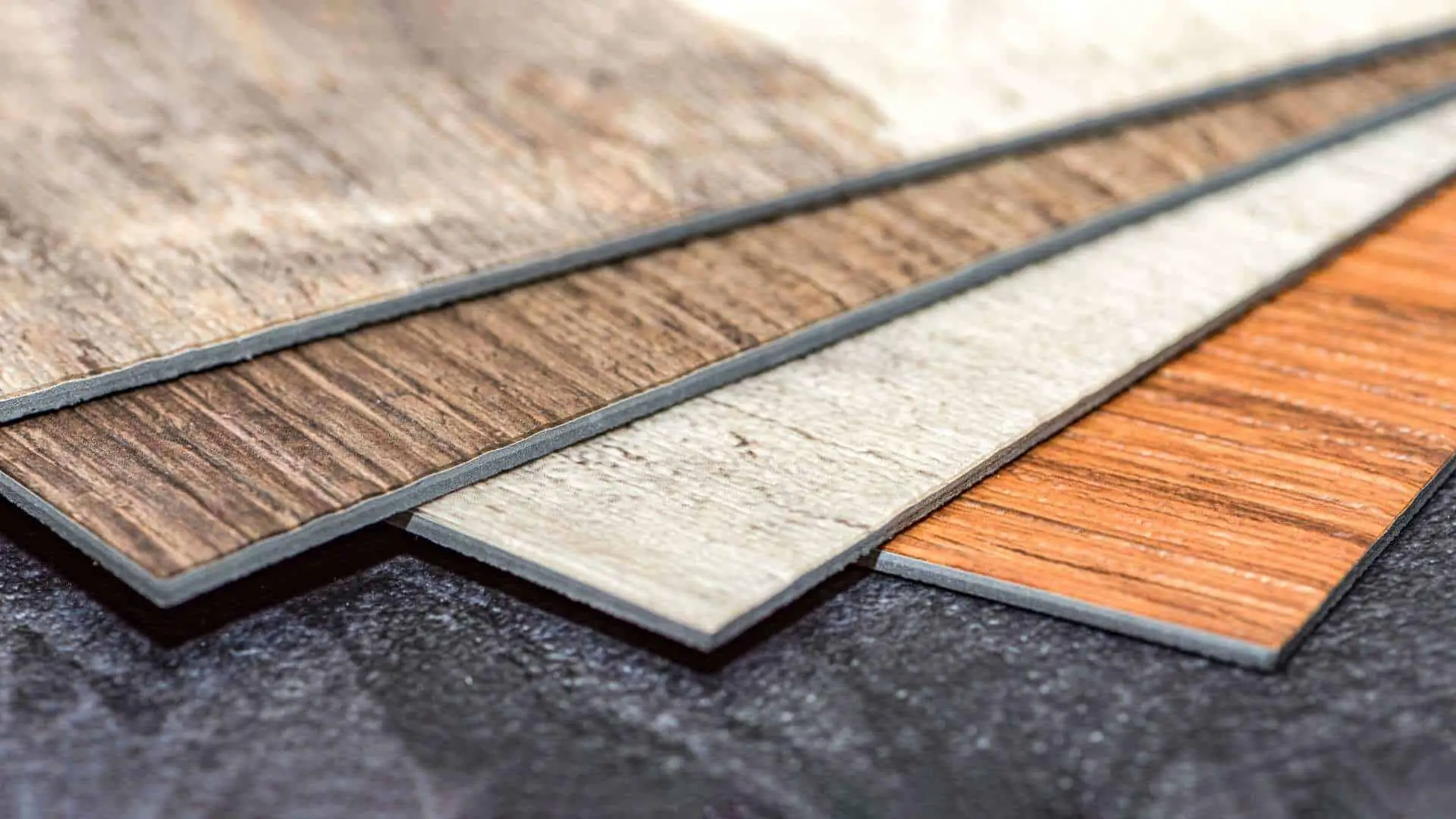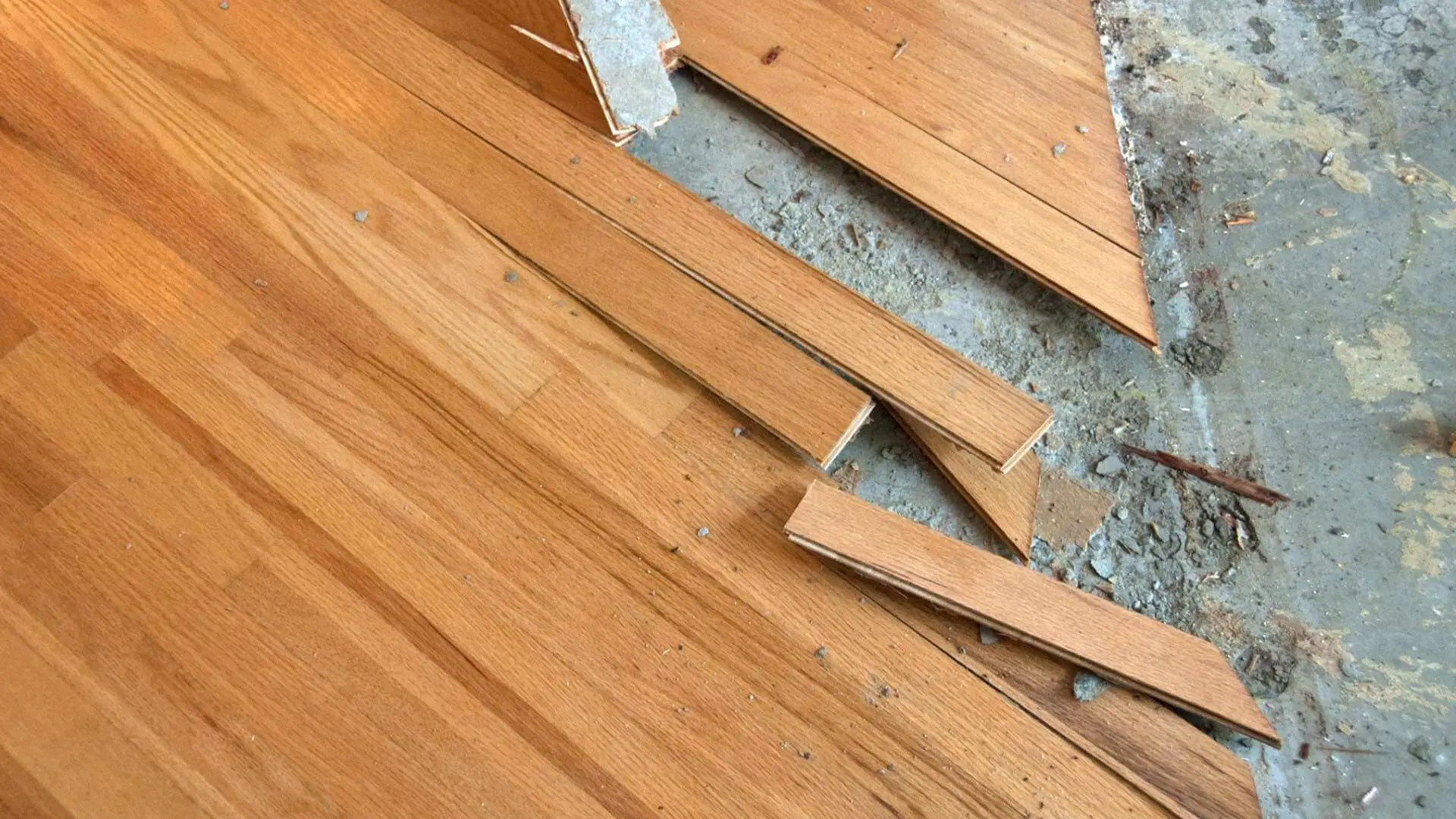Did you know that squeaky floors are a common problem? Most floors, especially hardwoods, make various sounds over time.
So, are squeaky floors a structural problem? No, it is nothing to worry about. As earlier discussed, squeaky floors are caused by different reasons, and each has a DIY solution.
It can be caused by temperature changes, gaps between floors, or a loose floor joist.
A floor comprises three elements: subfloor, joist, and underlayment. A change in the structure of any of them can lead to squeaky sounds.
We know squeaky floors are annoying and can spoil a good time, so you are here wondering, how do I fix this? What are the causes? Is it a structural problem?
To fix this, you have to locate the noise source, but first, let’s look at the reasons for squeaky floors.
Related: How to Fix Hump in Hardwood Floor
Are Squeaky Floors a Structural Problem?
Table of Contents
No, it is nothing to worry about. As earlier discussed, squeaky floors are caused by different reasons, and each has a DIY solution.
The first thing you have to do is identify the noise source and its appropriate solution.
Common Causes of Squeaky Floors
Humidity
Humidity is simply a change in the weather, During the winter, we use the heaters to keep the indoor air warm and dry.
But a side effect is that it makes the floorboards shrink; when it becomes warm again, the humidity rises, and the floorboards start to expand. These changes can lead to squeaking floors.
Poor Installation
Poor installation is another reason for squeaking floors. If the right tools or the appropriate length of nails or screws were not used in the installation, it won’t give it a proper fitting and can cause floorboards to move. This causes the floors to squeak.
Uneven Joist
A joist is the lowest layer of flooring. An uneven joist cannot give equal support to the floorboards. If a joist is lower than the others, it cannot be nailed or screwed as firmly as others, leading to squeaky sounds.
Poorly Fitted Pipes
Sometimes, water pipes are poorly fitted under the floor, and if it is done correctly, a notch should be cut out of the joist deep enough to give the pipes enough space to expand and relax.
If not, the floorboards will press on the pipes and make squeaky noises when someone walks on them.
If the pressure gets too much, this can lead to pipes bursting and causing water damage.
Short Floorboards
If the planks are not cut into a uniform square shape or not long enough, they won’t fit tightly together, and it gives the plank more room to move and, in time, can cause squeaky sounds.
Foundational Issue
Although this is not a common occurrence, many issues usually accompany it. If you notice one or more of the characteristics mentioned below, you may have foundational issues.
- Tile cracks
- Uneven flooring
- Crack above windows
- Bulging walls
- Squeaky floors that increase over time
- Soft spots in your flooring
- Cracks in the foundation
Foundational issues are caused mainly by a shift in the soil underneath your home. If you think you have a foundation problem, it is best to call a repair contractor to trace the problem and fix it.
How to Fix Squeaky Woods
Now you know the causes of squeaky floors in your home, the following are simple D-I-Y steps in fixing it.
Read: Click Lock Hardwood Flooring Pros and Cons
Use Talcum Powder
The use of talcum powder is an effective way to fix gaps in the floor. Have someone else walk around the wood floor, and then you head to the basement and figure out where the sound comes from.
When you find it, pour the talcum into the crack to fill it until it stops the noise you should note that this is a temporary solution, and you might need to reapply when the sound comes back again after some time
Use Nails
If the noise is from the joist, drive two nails into it at a 45-degree angle, which stops it from moving and reduces the squeaking sound.
Use Shims to Kill the Noise
First, you find the noise source, and you slide shims in between to fill in the gap spaces. This stops movements between floorboards and stops the squeaky noise.
Use Wd-40 to Fill the Crack
WD-40 is a type of multi-purpose lubricant. After tracing the noise source, you can use this to fill in the gap by pouring. Make sure you use a little quantity to fix this issue.
How Much Does It Cost to Fix a Squeaky Floor?
Depending on the cause, a professional fix costs between $200 and $1000 to fix a squeaky floor.
Read: How to Blend Hardwood Floors
Conclusion
Are squeaky floors a structural problem? The answer is No.
Squeaky floors mainly affect hardwoods and result from changes in humidity, loose nail, and screws.
In extreme weather conditions, the subfloors shrink or expand, and this causes squeaky floors.
You can follow the DIY steps written above to fix squeaky floor issues.
You should consult a foundational repair consultant to check and fix your issues for a more severe noise.
We wrote this article about are squeaky floors a structural problem not only to give you clarity when faced with squeaky floors but also to equip you with both preventive measures and solutions to squeaky floors.
We hope you found it helpful and informative. If you did, please share it across your entire social media pages.

